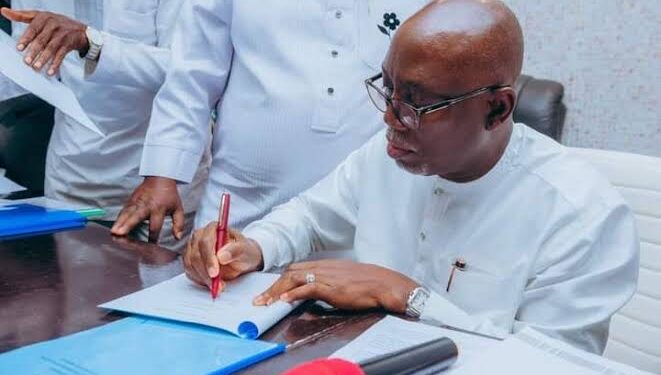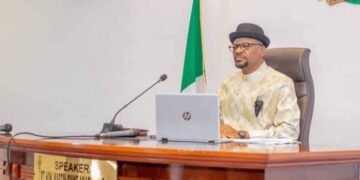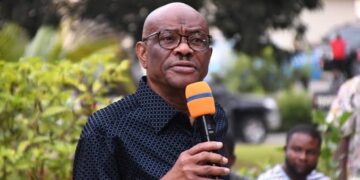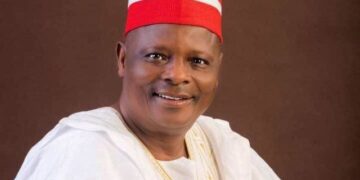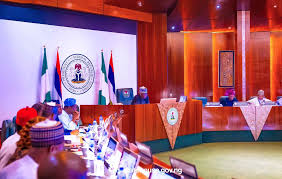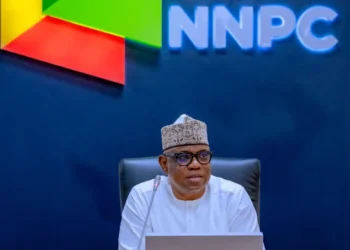The Ondo State government has assured its employees that they will receive the new minimum wage of N70,000 without any delays. This commitment was made by Bayo Philip, the head of service, during a press briefing in Akure on Tuesday.
Philip emphasized that implementing the new minimum wage, which was recently approved by President Bola Tinubu, is crucial given the current economic challenges facing the country. He explained that the new wage is part of efforts to address the economic difficulties and improve the standard of living for civil servants in Ondo State.

Governor Lucky Aiyedatiwa had previously pledged that his administration would adhere to whatever minimum wage was agreed upon and approved. Philip reiterated this commitment, stating, “Before the bill for the new minimum wage was signed by President Tinubu, Governor Aiyedatiwa had promised that Ondo State would honor the agreed minimum wage without any reductions.”
He further detailed that the state is in the process of preparing for the new wage structure. Once the official details of the salary adjustments are finalized, the state government will review and implement them promptly, in line with the governor’s promise. Philip assured that there would be no delay in making the new minimum wage available to all eligible employees.
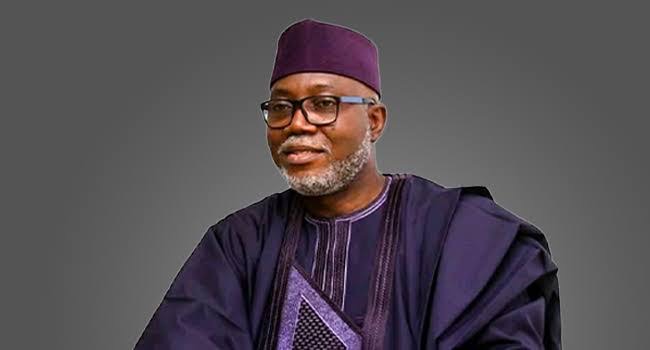
Philip also highlighted Ondo State’s historical role in wage payments, noting that the state had been among the first to implement the initial N35,000 minimum wage during the previous administration. This demonstrates the state’s ongoing commitment to being a leader in worker compensation.
In addition to the wage increase for current employees, Philip announced that the new minimum wage would also be extended to retirees and workers in state-owned tertiary institutions. This extension aims to help alleviate some of the financial burdens faced by retirees and staff of higher educational institutions amid the current economic situation.
Reaffirming the governor’s commitment to worker welfare, Philip assured that the Aiyedatiwa administration places a high priority on the interests of the state’s workforce. He emphasized that the government will continue to focus on improving the conditions and benefits for its employees.
Philip concluded by encouraging all state workers to enhance their dedication and performance in their roles. He urged them to ensure that their work contributes effectively to the functioning of government services, which in turn supports the overall goal of good governance and public service delivery.


